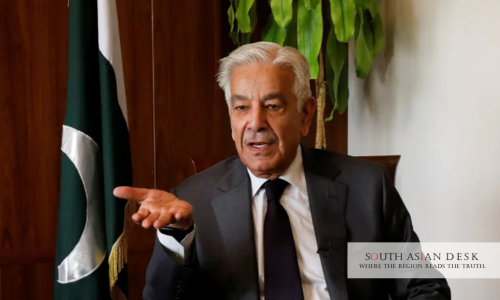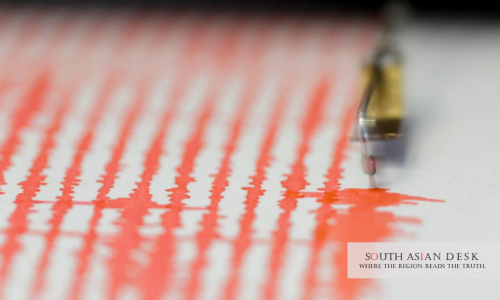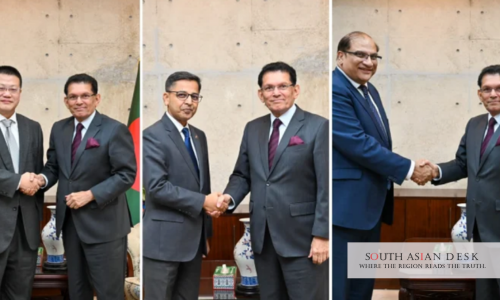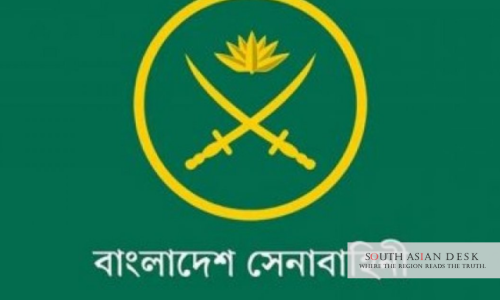Islamabad, Pakistan– Pakistan Afghanistan peace talks unfold in Istanbul, where officials consolidate a recent Doha ceasefire brokered on 19 October 2025. Defence Minister Khawaja Asif issued an open war threat from Sialkot on 25 October 2025, stating that any efforts to falter would be met with force. The sessions address cross-border clashes that killed dozens and injured hundreds along the Durand Line.
Pakistan-Afghanistan peace talks hold significant importance in South Asia. They safeguard trade corridors worth USD 2.5 billion annually and curb refugee surges that strain Pakistan’s resources. Failure risks militancy spillover to India and Iran, undermining counter-terror pacts and economic stability for millions.
Khawaja Asif Open War Threat Heightens Urgency
Khawaja Asif’s open war threat rang out in Sialkot. He spotlighted frictions with Kabul’s Taliban regime. Pakistan holds Afghanistan accountable for sheltering Tehrik-i-Taliban Pakistan (TTP) militants behind internal strikes.
Asif said, “We have the option, if no agreement takes place, we have an open war with them.” He noted optimism. “But I saw that they want peace.” The alert trails fierce exchanges on the 2,640-kilometre Durand Line. Violence peaked in mid-October 2025. Cross-border fire claimed dozens of lives and hundreds of injuries.
Afghanistan refutes TTP haven claims. Deputy Interior Minister Haji Najib guides the Afghan side in Istanbul. He pushes reciprocal calm and shared intelligence.
Pakistan Afghanistan Peace Talks Target Ceasefire Hold
Pakistan Taliban peace talks zero in on Doha truce extension. Envoys eye a 90-day framework. Agendas cover intel protocols on armed factions.
Foreign Ministry spokesperson Tahir Andrabi described the initial Doha rounds as fruitful. “There has been no major full-scale terrorist attack emanating from Afghan soil in the last two to three days,” Andrabi stated on 24 October 2025. “So, the Doha talks and outcome were fruitful. We would like the trend to continue in Istanbul and post-Istanbul.”
The Ministry of Foreign Affairs praised the Doha accord as a foundation of stability. This feature is included in the October 24, 2025, briefing. It underlines agreement on tension cuts.
Istanbul draws mid-level envoys from both. Qatar and Turkiye mediate. Key goals: reopen passes like Torkham and Chaman. These manage USD 2.5 billion annual trade.
Closures since October 10, 2025, rack up losses. Afghanistan’s Chamber of Commerce tallies USD 5 million daily. Perishables spoil at the gates. Fuel shortages hit border hubs.
Ibraheem Bahiss of the International Crisis Group spoke to reporters in Istanbul on 25 October 2025. He flagged intel-sharing as core. “For example, Pakistan would give coordinates of where they suspect TTP fighters or commanders are, and instead of carrying out strikes, Afghanistan would be expected to act on them,” Bahiss said.
A high-level Pakistani delegation, led by the Defence Minister, convened in Doha on 18 October 2025. The Ministry of Foreign Affairs posted on X: “The talks will focus on immediate measures to end cross-border terrorism against Pakistan emanating from Afghanistan and restore peace and stability along the Pak-Afghan border.” It urged Afghan action against the TTP and the BLA. Pakistan thanked Qatar’s mediation.
Durand Line Ceasefire Tensions Linger in Dialogues
Durand Line ceasefire tensions endure post-Doha. The 1893 line sparks rows. Pakistan fences 90 per cent. Afghanistan labels it outdated. Fights displaced 5,000 families near Bajaur and Khyber. Authorities shift residents to safe areas. Relief groups supply PKR 100 million in aid.
Afghan accounts log parallel tolls. Taliban outlets report 25 troops lost to Pakistani shells. They call for village reparations. Pakistan Taliban peace talks probe causes. TTP seeks Sharia push and nod from the line. Islamabad spurns both. It requires TTP laydown and the ouster of the Afghan government. Observers watch intently. China calls for easing tensions through the Quadrilateral group. India flags terror creep.
Al Jazeera’s Sinem Koseoglu reported from Istanbul on 25 October 2025. She termed the sessions technical-level efforts to “pave the way for a permanent solution between the two neighbours.” The Foreign Ministry spokesperson stressed on 24 October 2025 that talks tackle “the menace of terrorism emanating from Afghan soil towards Pakistan.” Pakistan charges Afghan cover for TTP. Kabul hits back at sovereignty breaches from Pakistani raids.
Background: Simmering Frontier Disputes
Strains boiled after the TTP raids rose post-2021 Taliban Kabul grip. Pakistan has removed 1.7 million unregistered Afghans since 2023. This breeds a grudge. Doha signals a third series, set to begin in September 2025. Earlier, it yielded short lulls without firm pacts.
Khawaja Asif’s open war threat stirs echoes of the 2000s frontier. Those took thousands of lives and billions in tolls. Durand Line ceasefire tensions stem from land claims. Fencing yearly drains Pakistan USD 200 million.
What’s Next: Istanbul Outcomes in Sight
Sides close in Istanbul on 26 October 2025. A joint note due by nightfall. It may spell monitoring units for trucekeeping. Next Doha in November 2025. Trade perks like gate restarts take centre. Pakistan-Afghanistan peace talks stand as a vital buffer. Success hinges on rebuilding trust to dodge the wider fray.
Published in SouthAsianDesk, October 26th, 2025
Follow SouthAsianDesk on X, Instagram, and Facebook for insights on business and current affairs from across South Asia.






